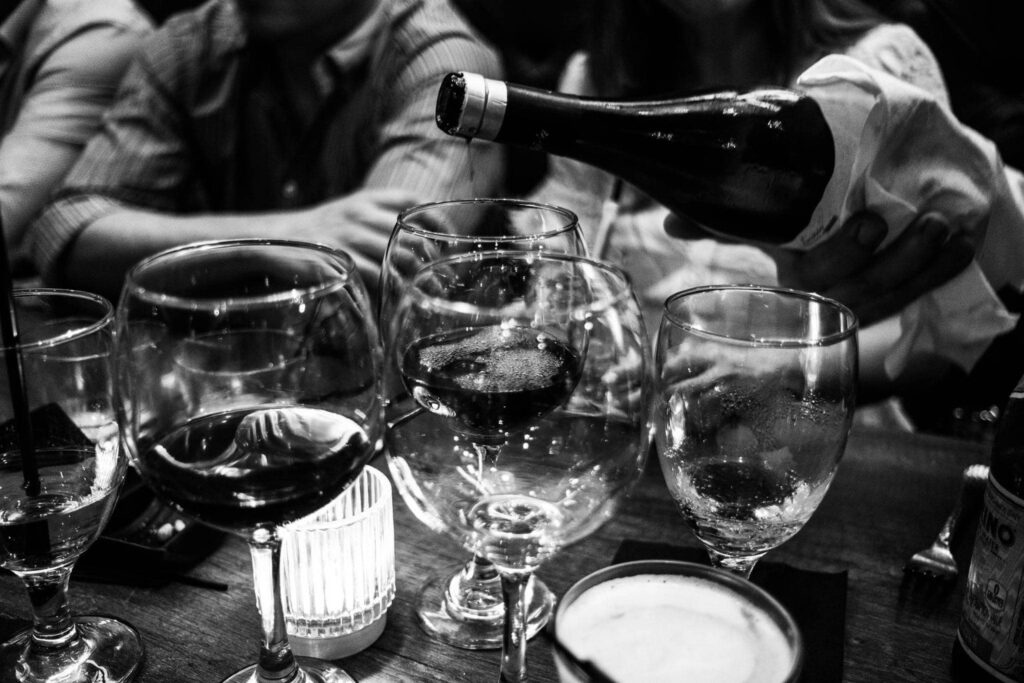Many of us take for granted the ease at which we purchase alcohol in stores, restaurants, and bars. The reality is that the process of becoming licensed to sell alcohol is not a simple one. In each case, businesses must undergo a comprehensive process made up of many steps. Alcohol regulation is divided into three levels: federal, state, and local. Anyone looking to be a part of the alcohol industry must ensure they comply with the laws and regulations of each level.
Complying with the federal level involves registration with the Alcohol and Tobacco Tax and Trade Bureau (TTB). Completing this process is standard for all businesses in the United States looking to enter the alcohol industry. State and local applications and procedures for alcohol licensing, on the other hand, will vary.
In Florida, the Department of Business and Professional Regulation (DBPR) is the agency that manages alcoholic beverage licensing. The DBPR has higher standards when it comes to its application requirements compared to the TTB. These requirements will vary depending on the kind of license for which you are applying.
There are many kinds of alcohol licenses available for vendors looking to sell alcohol for on-premises consumption. For restaurants, one possible license is the Special Food Service Establishment License (SFS). To be eligible for the SFS license, your restaurant or establishment must meet the following requirements: 1) have at least 2,500 square feet of service area, 2) be equipped to serve meals to 150 or more persons at one time, and 3) derive at least 51 percent of gross food and beverage revenue from the sale of food and non-alcoholic beverages. Smaller establishments will likely not be able to meet these qualifications.
A smaller restaurant, bar, or club can instead apply for a Quota Consumption On-Premises (COP) license. The Quota COP license allows for the sale of alcoholic beverages for on-premises consumption without meeting the area, seating, and revenue requirements of the SFS license. As the name suggests, Quota COP licenses are limited in quantity. The number of Quota licenses available in a county is dependent on population. As the population in a county increases, so will the number of available Quota licenses. Typically, the demand for Quota licenses far exceeds the supply. To accommodate for this, the DBPR hosts an annual lottery for prospective Quota COP license holders. Alternatively, it is also possible to purchase an existing Quota COP license from a license owner. Doing so will be more expensive, yet it is a quick and reliable way of obtaining the license without dealing with the uncertainty of the lottery.
Although the SFS and Quota licenses are the most popular, there are plenty more available. The terms and conditions of different licenses are subject to vary. For example, some are exclusively for the sale and consumption of one type of alcoholic beverage, such as beer. Others will allow for beer and wine, but not liquor. The SFS and Quota COP licenses are convenient because they allow for the sale of all kinds of alcoholic beverages (beer, wine, and liquor). Yet, depending on the business, there may be a better-suited license. There are licenses for motels/hotels, culinary education programs, bowling alleys, airports, sports clubs, cruise ships, live performance theaters, and more. When assessing your options, keep the needs of your business in mind. There are over 40 kinds of licenses available for the sale of alcoholic beverages for on-premises consumption, so you will have many options to choose from.
Typically, complying with state and local regulations will be the most time-consuming and challenging aspect of alcohol licensing. Although licenses, such as the SFS license, come with requirements for the kinds of establishments eligible for use, these are not inclusive of all requirements or regulations you will have to comply with during the process. For Florida’s DBPR application, you may have to obtain and provide zoning approval, department of revenue clearance, health approval, disclosure of interested parties, fingerprints, and more. Additionally, you will have to ensure your business location does not violate any local laws or regulations regarding the sale and consumption of alcohol. Some Florida counties have tighter restrictions on location and hours of sale than others. Such is especially the case with dry counties, which prohibit or severely restrict the sale of alcohol. However, there are new licenses available to sell alcohol in Florida’s dry counties (Lafayette, Liberty, and Washington), with strict stipulations.
The pathway to alcohol licensing can be tricky to traverse. There are many details and complexities involved that are easy for the inexperienced to miss. Yet, alcohol remains crucial for the success of many businesses. For this reason, many prospective alcohol license holders hire the services of an attorney experienced in alcohol law. Our alcohol licensing attorneys at Alcoba Law Group are available to help you take the next step in getting licensed to sell alcohol. If you would like to discuss your needs as a business owner in a more in-depth fashion, you can do so by scheduling a free consultation with us at your convenience.
Written by: David Sacasa Ⓒ 2021 Alcoba Law Group P.A.
Picture Credits: Miri Paez Bolet.
Reviewed by: Ruben Alcoba






